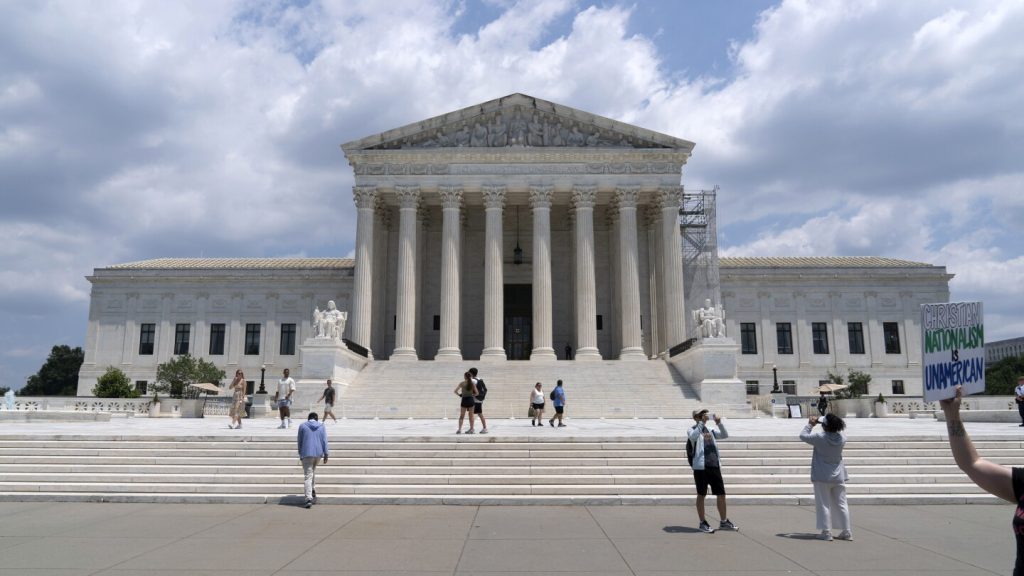The Supreme Court recently upheld a tax on foreign income in a 7-2 vote against a challenge backed by business and anti-regulatory interests. The tax, part of a 2017 law, is expected to generate $340 billion, primarily targeting the foreign subsidiaries of domestic corporations that transferred money abroad to avoid U.S. taxes. The law applies to companies owned by Americans but conducting business overseas, imposing a one-time tax on unpassed profits to offset other tax benefits. While the ruling maintained this provision, it did not delve into the broader issue of a never-enacted wealth tax, which some groups argued the challenged provision resembled.
The case, involving a Washington couple, Charles and Kathleen Moore, centered around a $15,000 tax bill from Charles Moore’s investment in an Indian company. The Moores argued that the tax violated the 16th Amendment, which allows the federal government to impose an income tax on Americans. But the majority decision, written by Justice Brett Kavanaugh, compared the tax to other existing taxes and emphasized the limited scope of the court’s ruling. Justice Clarence Thomas, in dissent, contended that the Moores paid taxes on an investment that never yielded them any returns, questioning the constitutionality of taxing unrealized income.
Despite their disappointment with the ruling, the Moores’ lawyers found solace in the narrowness of the decision, leaving open the possibility for future challenges on different types of taxes, such as a national wealth tax. Justice Amy Coney Barrett, while concurring with the outcome, highlighted the requirement for income to be realized before being taxed, a view shared by dissenters Thomas and Gorsuch. The unresolved issue of realization in taxation now has four justices opposed to taxes that do not require income to be realized, hinting at potential future legal battles and limitations on new tax impositions by Congress.
The case also sparked ethical concerns and scrutiny over the Moores’ legal representation. Justice Alito faced calls to recuse himself due to his ties to David Rivkin, the Moores’ lawyer, but ultimately participated in the decision. Public records revealed Charles Moore’s deeper involvement with the Indian company than initially disclosed, raising questions about the accuracy of court filings. The court’s ruling, while favoring the government, could potentially encourage more challenges to taxes and caution Congress about its authority to introduce new tax measures. Overall, the decision leaves room for further debates on tax realization and sets the stage for future legal battles over different tax structures.


